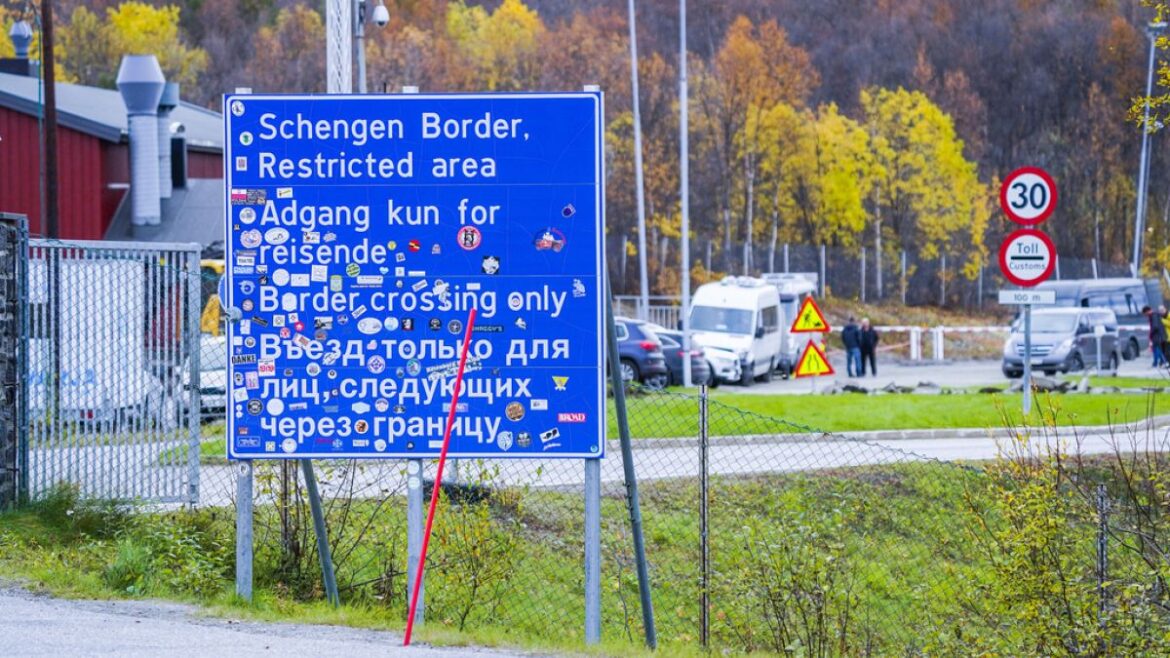Russians who travel to the Scandinavian country for tourism or for “non-essential” reasons will be refused entry. An exception can be made for those traveling to visit close relatives or working or studying in Norway or the Schengen area.
Norwegian authorities have introduced additional restrictions on the entry of Russian citizens. From May 29, Russians traveling to the Scandinavian country for tourism or for “non-essential” reasons will be refused entry.
The government declared that he would do exceptions for Russian citizens visiting parentsof the spouses or some children living in Norway, as well as for Russians traveling to Norway or other Schengen countries to work or study there.
The Norwegian government linked these new restrictions to the need to support allies in their reaction to the military action of the Russia in Ukrainee. “The decision to strengthen entry rules is in line with Norway’s approach of supporting allies and partners in response to Russia’s illegal war of aggression against Ukraine“, declared the Minister of Justice, Emilie Enger Mehl, in a press release.
The ban concerns both Russian citizens who have obtained a Norwegian tourist visa (delivered before 2022) and holders of a visa issued by another Schengen area country.
Norway, a NATO member, which shares an Arctic border of almost 200 kilometers with Russia, almost stopped issuing tourist visas to Russian citizens in spring 2022. From October 3, 2023, the entry into Norway of passenger cars registered in Russia and accommodating up to nine people is prohibited. Finland, Estonia, Latvia, Lithuania, Poland, the Czech Republic and Latvia have also banned the entry of Russians through the external border for tourism purposes.
In September 2022, the EU decided to restrict the issuance of visas to Russians and suspend the visa facilitation agreement with Russia. In September 2023, the European Commission published a clarification of sanctions, according to which it was not recommended to enter the EU territory with cars with Russian license plates. After this clarification, individual EU countries began to impose restrictions on the entry of cars with Russian license plates. Due to these restrictions, the number of applications for entry into the Schengen area submitted by Russians decreased by a quarter in 2023, from 687.2 thousand a year earlier to 520.4 thousand.



